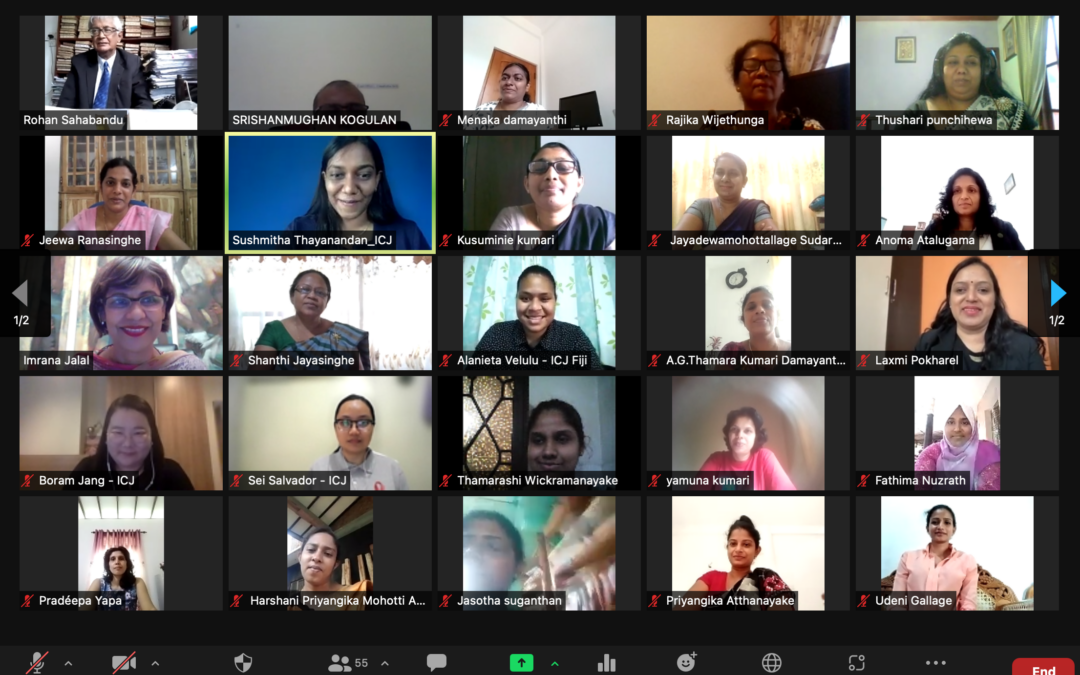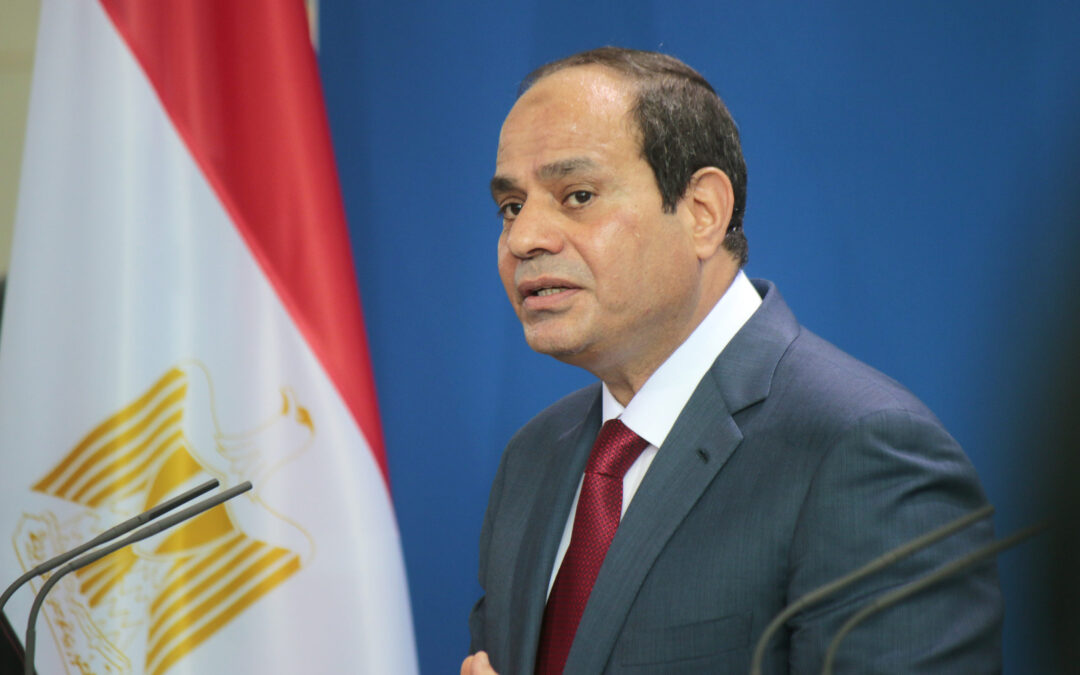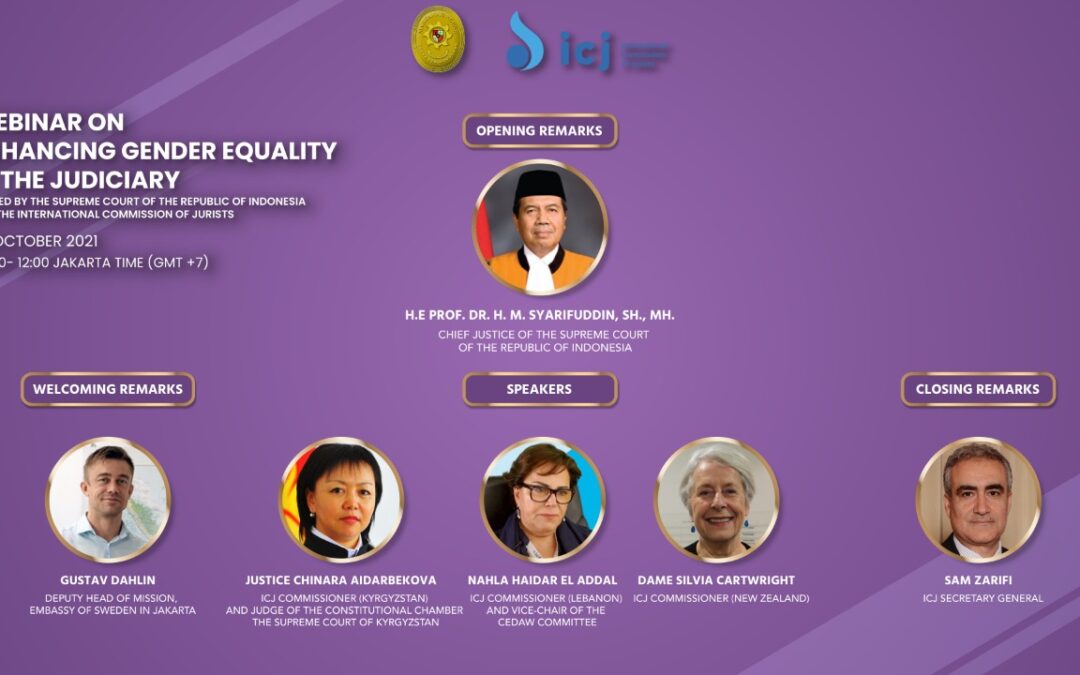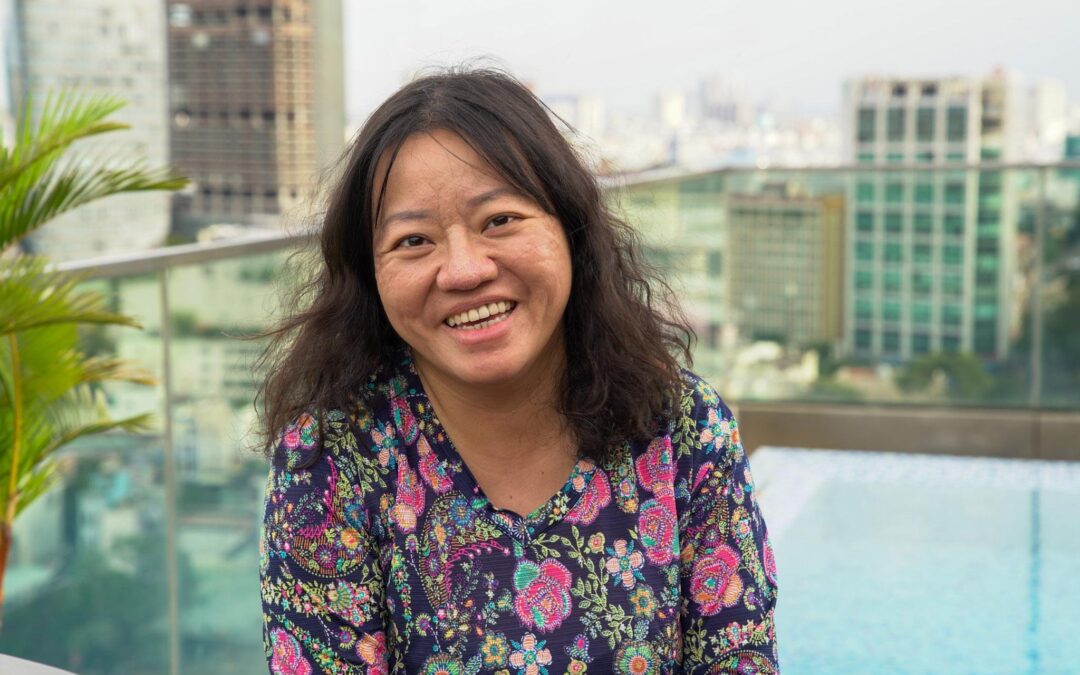
Nov 1, 2021 | News
The Sri Lankan judiciary must overcome gender stereotypes to improve women’s access to justice in the country, said participants at a workshop organized by the ICJ and the Legal Aid Commission of Sri Lanka on 30 and 31 of October.

Oct 28, 2021 | News
While Egypt’s decision to end “the state of emergency” is a positive development, the authorities must take additional steps to remedy the dire human rights situation, the International Commission of Jurists (ICJ) said today.

Oct 28, 2021 | News
The International Commission of Jurists (ICJ), the Council of Bars and Law Societies of Europe (CCBE), Lawyers for Lawyers (L4L), European Association of Lawyers (AEA-EAL), Helsinki Foundation for Human Rights (HFHR) and the Centre for Constitutionalism and Human Rights of the European Humanity University (CCHR EHU) and the Human Rights Embassy (HRE) (“the undersigned organisations”) call on the Bar Association of Belarus to reverse its decisions to disbar lawyer Natalia Matskevich and to end the practice of disbarment of lawyers for carrying out their professional duties in line with international law and standards on the role of lawyers.

Oct 28, 2021 | News
The ICJ held a webinar on 25 October 2021 which gathered ICJ Commissioners and Indonesian judges to discuss progress and challenges in the advancement of women’s access to justice in compliance with international human rights law.

Oct 26, 2021 | News, Publications, Thematic reports
The Libyan authorities should improve the protection of women’s and girls’ human rights in the Draft Constitution and ensure their full, unimpeded participation in the constitutional reform process, the International Commission of Jurists (ICJ) said in a briefing paper published today.

Oct 26, 2021 | News
Ahead of her upcoming trial on 4 November, 28 human rights and freedom of expression organizations today condemn the ongoing arbitrary detention of independent journalist and woman human rights defender Pham Doan Trang.










